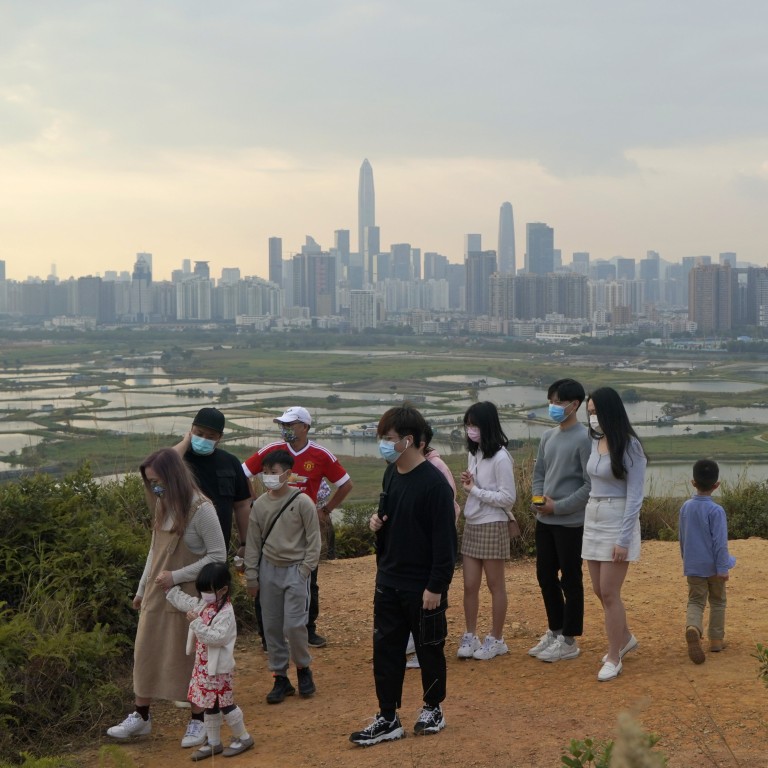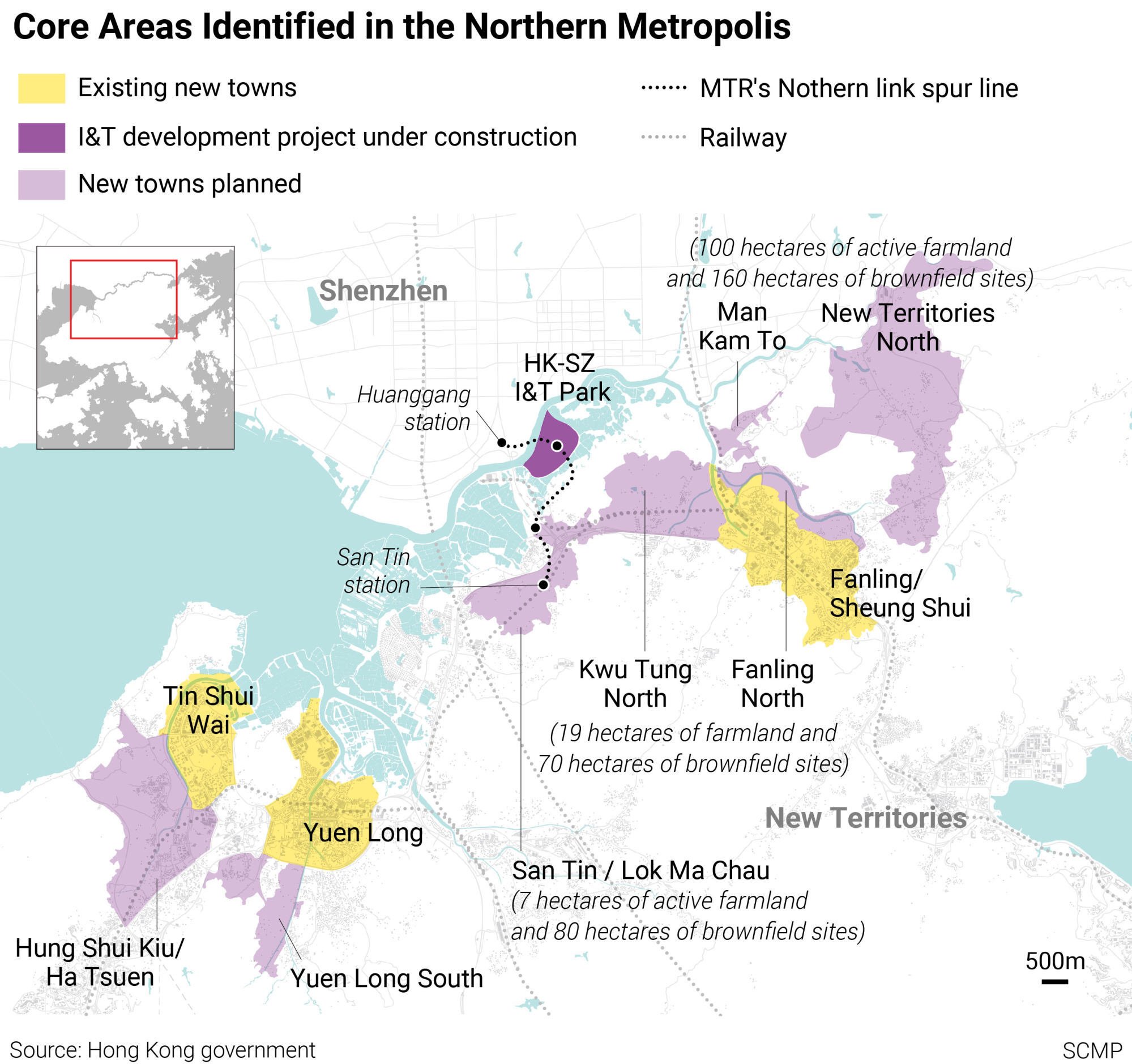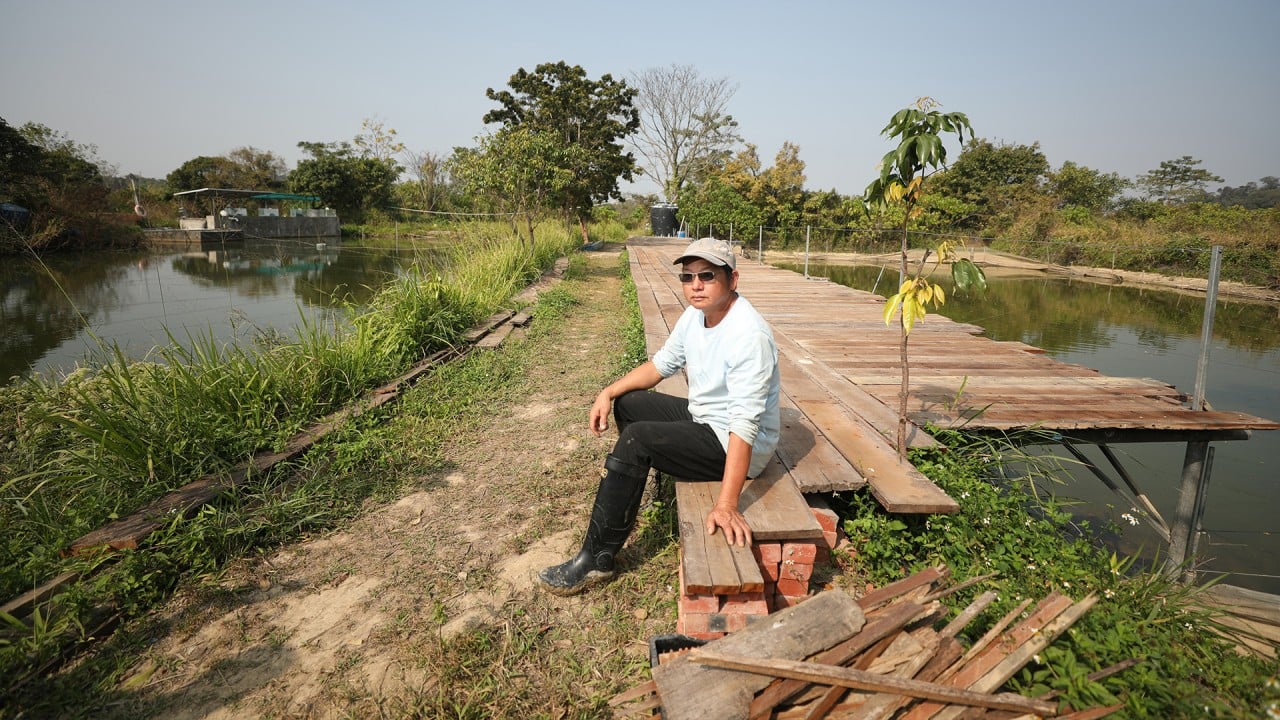
Lantau Tomorrow and Northern Metropolis are not what Hong Kong needs to rebuild social harmony
- For many, home ownership is key to improving people’s quality of life. There is no lack of smaller-scale, feasible ideas to solve our housing woes. Big-budget, flashy mega projects, which take decades to complete, are not the answer
The most pressing issue on any policy platform is to rebuild social harmony, in particular by providing the opportunities and means to improve people’s quality of life and instilling a sense of belonging among our youth. Home ownership, being our city’s yardstick in defining the “haves” and “have-nots”, is perceived by the majority as being key to achieving such harmony.
Chief Executive Carrie Lam Cheng Yuet-ngor has been aggressively pushing several development visions during her tenure. These projects will last well past her administration.
The total development area is enormous; about four times the size of Hong Kong Island or close to 18 times the reclaimed land target for Lantau Tomorrow. Is the government trying too hard to present one grand vision after another? Will too many grands ideas divide the focus and suffocate the team, especially when that team might be shuffled every five years?

Any prudent developer knows budgets need to be periodically updated to be credible, as they must take into account the changing economic outlook, inflation, interest rates, market sentiments, materials and labour costs, plus other factors. In the past three years, we have had no public updates on the cost of Lantau Tomorrow, while the pandemic fight continues to put our fiscal reserves under great pressure.
In the commercial world, if you walked into a boardroom with a visionary idea but no budget estimates, funding strategy or return projections, you would probably be asked to leave and stop wasting everyone’s time.
With its proximity to Shenzhen, the Northern Metropolis would integrate Hong Kong into the mainland’s overall development and align it with the national 14th five-year plan. However, the announcement seems premature and untimely, to say the least.
Why unveil it only months away from a chief executive election? We know that being visionary should go hand in hand with being responsible, and such responsibilities include a minimum level of resources, and fiscal and strategic planning. Otherwise, visions could easily become illusions.
The upcoming sixth-term administration is probably the most important since the handover, as our next leader needs to make immediate profound changes to all sectors of society, to tackle poverty, reduce the wealth gap, staunch the loss of talent and give us a taste of “common prosperity”.
What we urgently need, before any clear strategies for mega developments, is a major overhaul of housing policies, to take advantage of the current political environment and turn things around quickly. Harmony-building should not take 10 or 20 years.
Let’s hope the next chief executive is wise enough to put forward concrete and feasible proposals that can be realised during his or her five-year term in office. And these ideas might not require HK$1 billion studies or 20 years to achieve them, but they could still be visionary, too.
Dennis Lee is a Hong Kong-born, America-licensed architect with 22 years of design experience in the US and China


